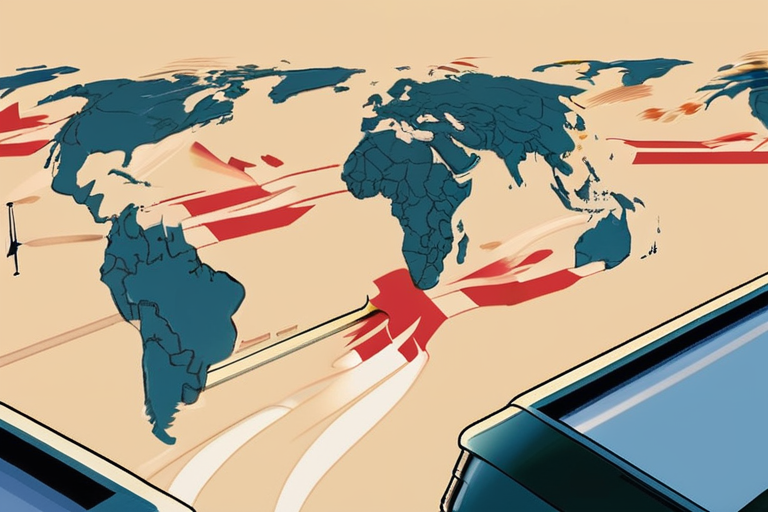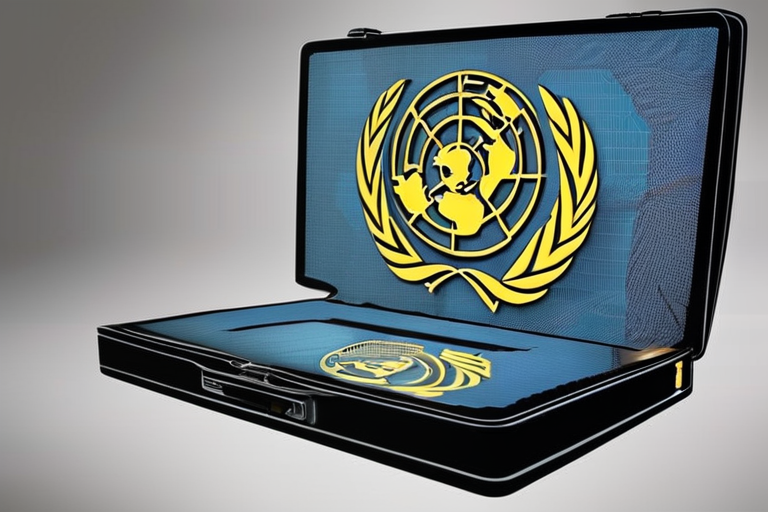Satellites Exposed: Half of Signals Leak Sensitive Data Unencrypted


Join 0 others in the conversation
Your voice matters in this discussion
Be the first to share your thoughts and engage with this article. Your perspective matters!
Discover articles from our community

 Hoppi
Hoppi

 Hoppi
Hoppi

 Hoppi
Hoppi

 Hoppi
Hoppi

 Hoppi
Hoppi

 Hoppi
Hoppi

The Shadow Network: Uncovering the Bigger Threat to New York City's Cell Service In the heart of Manhattan, a sinister …

Hoppi

Secret Service Foils Potential Cellphone Blackout Near UN General Assembly In a high-stakes operation, the US Secret Service disrupted a …

Hoppi

Cutting-Edge Satellite Gear Helps Reporters Broadcast From War Zones In a significant breakthrough for global journalism, satellite outfits Intelsat and …

Hoppi

Setting the Standard: How Satellite Helps Make T-Mobile the Best Network in America In a mobile market where speed and …

Hoppi

"Satellite Sabotage: Russia's Weekly Assault on UK Military Space Assets" As the sun rises over the UK's satellite control center, …

Hoppi

BREAKING NEWS: Devices Seized Near U.N. Meeting Could Wipe Out Global Cellphone Networks in Minutes The US Secret Service has …

Hoppi